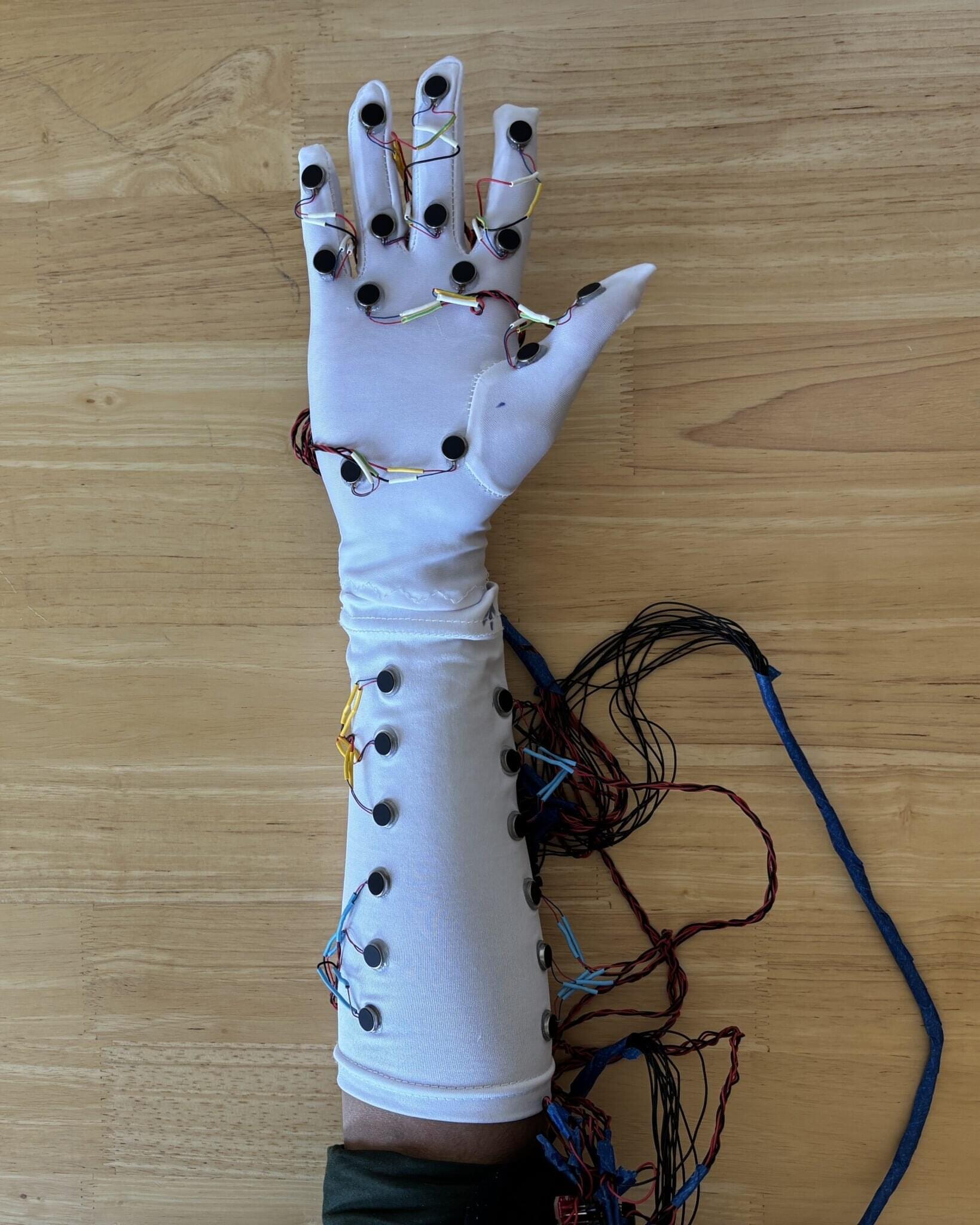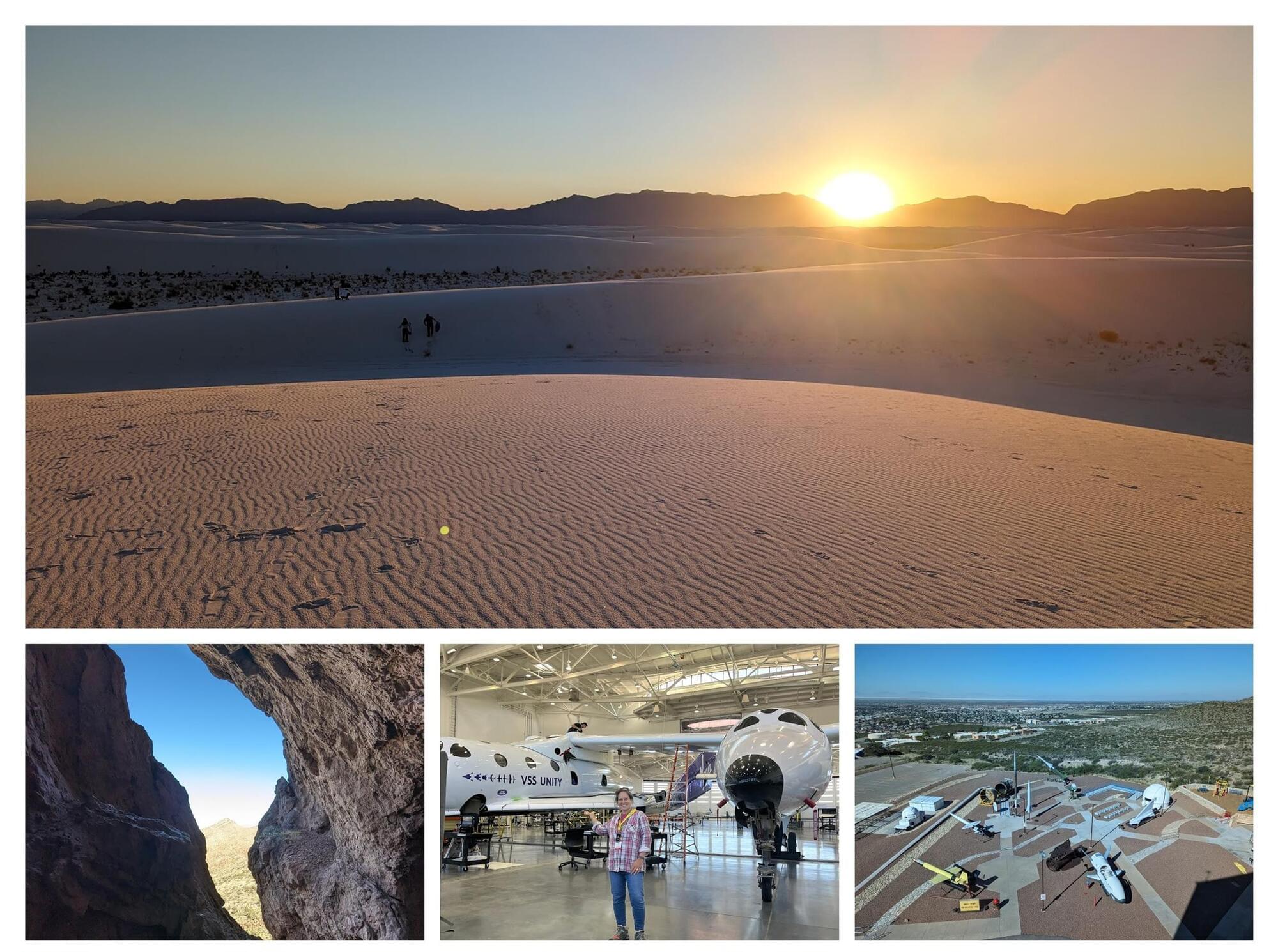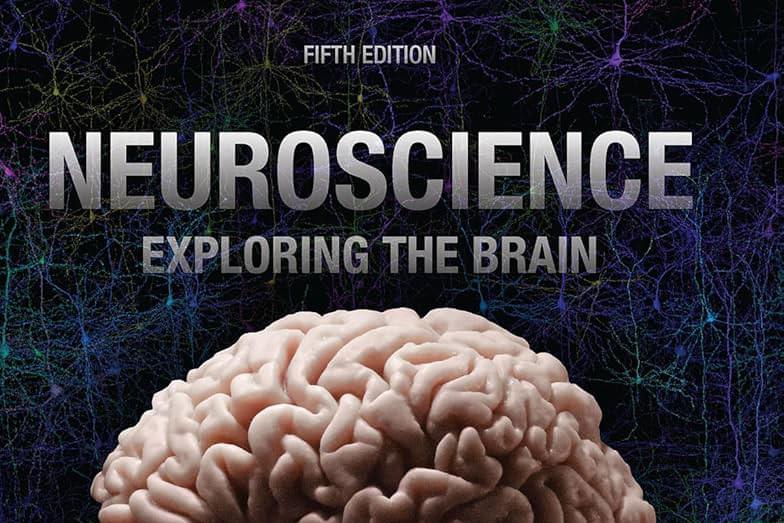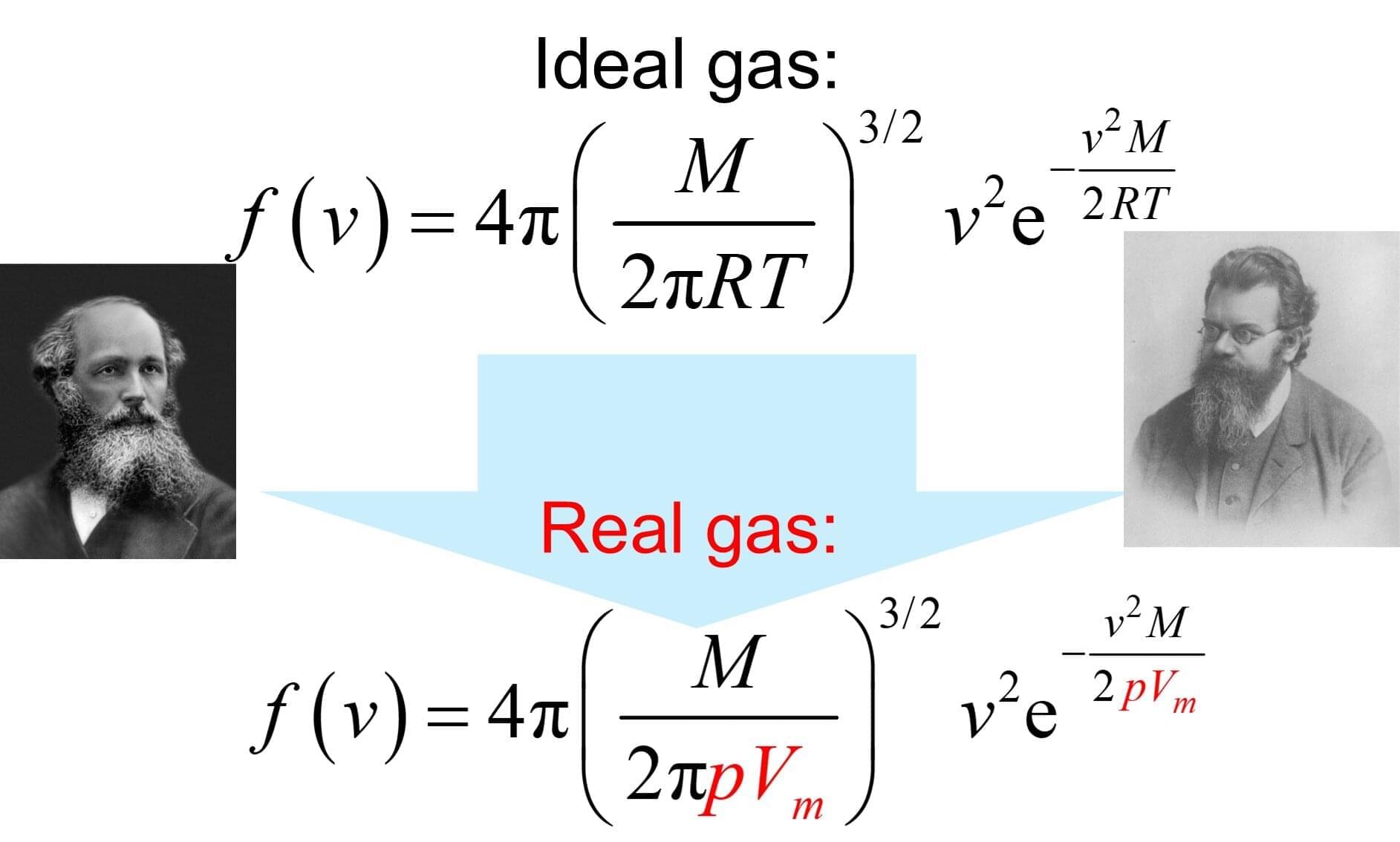This FREE features Inspiration4 astronaut Chris Sembroski and educator Erin Duncan-Sembroski, along with your hosts, planetary scientist Dr. Kirby Runyon and space educator Dr. Mark Wagner. The high-energy one-hour session is focused on providing an overview of the three-day Earth and Space Experience coming up on November 7–9, 2025. Register now to learn about the geology at specific locations in Southern New Mexico, and how these sites are analogs for the Moon, Mars, and elsewhere in the solar system. Time is also allocated for a Q&A opportunity with all four speakers… come ready with questions! Participation in this also includes access to free space education resources that you can take back to share with your students or others in your community.
Note: This is appropriate for educators, industry professionals, and space enthusiasts from all walks of life. Space education is for everyone!
Chris “Hanks” Sembroski is a commercial astronaut, U.S. Air Force veteran, and passionate advocate for space exploration and STEM education. Best known for his role as Mission Specialist on the historic Inspiration4 mission in 2021, Sembroski spent three days in space, completing 47 orbits as part of the first all-civilian crew. With degrees in aeronautics and a career dedicated to advancing aerospace innovation, he has contributed to groundbreaking projects like Blue Origin’s New Glenn program and teaches as an adjunct faculty member at Embry-Riddle Aeronautical University. Chris’s journey reflects a lifelong passion for human spaceflight, from launching model rockets in college, leading teams through simulated missions at U.S. Space Camp, to advocating for space policy in Washington, D.C. He continues to inspire the next generation through his work as a speaker, educator, and industry leader, embodying the spirit of generosity and exploration.







